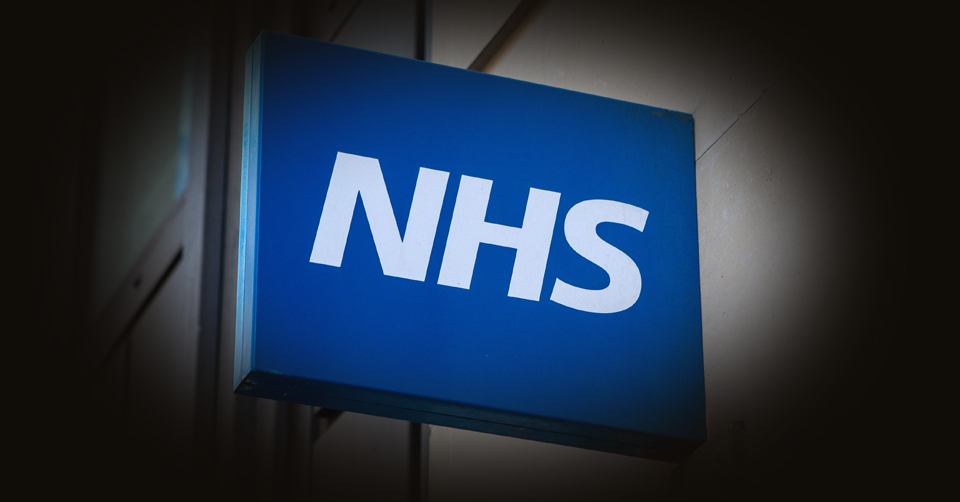In the latest episode of the “In the Loupe” podcast, Nigel Jones, Strategy Director at Practice Plan, dives into the recent announcements from NHS England that are set to reshape the landscape of dental care in the UK. Nigel reflects on the past few weeks, which have been marked by significant developments in NHS dentistry.
The 10-Year NHS plan
The starting point of Nigel’s discussion was the publication of the much-anticipated 10-Year plan for the NHS, a comprehensive document stretching around 178 pages. Dental professionals may be disappointed to find that only a mere page and a half is devoted to dentistry. The absence of any mention of dentistry in the prime minister’s foreword has led some to interpret this as a symbol of its perceived lesser importance within the broader healthcare agenda.
Nigel highlights how this lack of focus is indicative of the immense challenges the NHS faces in ensuring the delivery of valuable services over the coming decades. While the 10-Year plan does touch upon critical components relevant to dentistry, such as a renewed commitment to delivering 700,000 urgent care appointments annually, this should not overshadow the significant gaps that remain.
Among the pivotal points raised in the NHS plan is the introduction of a three-year tie-in for dental graduates’ post-qualification. This long-discussed initiative aims to address workforce continuity within the NHS, as new graduates will be expected to dedicate a portion of their early careers to public service.
Furthermore, the document emphasises preventive measures aimed at improving children’s dental health. Proposals include hiring more dental therapists, implementing supervised tooth-brushing programmes in schools, and enhancing the use of fluoride varnish and sealants. However, such initiatives must be backed by adequate funding and a supportive framework that encourages participation from both practitioners and communities alike.
Consultation on contract changes
Just days after the 10-Year plan’s release, a consultation was launched focusing on proposed changes to the existing NHS dental contract, with adjustments expected in April 2026. One of the most notable proposals is the requirement that a proportion of dentists’ contracts be dedicated to unscheduled care, highlighting a commitment to increasing access to urgent dental services.
The proposed changes also include enhancements to payment structures intended to make it more appealing for NHS dentists to address emergencies. Equally important is the creation of new care pathways for patients with complex needs. Historically, the existing UDA contract has discouraged dentists from treating patients requiring extensive treatment. The new pathways could greatly incentivise dentists to engage with more complex cases.
In addition to these changes, there’s a commitment to explore options for reducing clinically unnecessary check-ups, a financial strain on both practitioners and the NHS. These proposals signal a desire to find ways to optimise care delivery within the NHS framework while simultaneously addressing pressing oral health needs.
Insights from the Health and Social Care Committee
Following the launch of the consultation, Nigel highlights the importance of the Health and Social Care Committee’s hearings, which have brought to light the broader issues facing NHS dentistry. Notably, representatives from the BDA and Healthwatch emphasised the funding required to restore dental services to a viable state. The BDA’s call for an additional £1 billion of funding aligns with expert commentary suggesting that even this figure would only return NHS dentistry to the status it held ten years ago, a reality in which services were already under considerable strain.
This call for funding raises significant questions, especially when considering Minister Stephen Kinnock’s acknowledgment that the financial envelope for NHS dentistry is unlikely to expand. The notion that funding may not see a substantial increase casts uncertainty over future developments, leaving us to question how priorities will be set and who will receive care.
Looking ahead
Nigel covers workforce challenges faced by the NHS. Stephen Kinnock mentioned that any strategic purpose for NHS dentistry must be outlined before determining specific workforce requirements. This directly correlates with the ongoing backlog of 5,000 internationally qualified dentists awaiting registration in the UK. The government has tasked the GDC with formulating a plan to address this backlog by September, yet many questions linger about how we will provide adequate supervision and mentorship for these new additions to the workforce.
As we reflect on the strategic goals of the NHS, Nigel emphasises that a key priority must be reducing oral health inequality, ensuring access for vulnerable populations, and establishing the right balance between NHS and private service provision.
An evolving landscape
The evolving landscape of NHS dentistry presents both challenges and opportunities for dental professionals and patients alike. As we bear witness to the developments following the 10-Year NHS plan, the consultations on contract changes, and the discussions surrounding funding, there is a collective hope that the changes will lead to a more sustainable future for NHS dental services.
Nigel underscores the importance of keeping abreast of changes in the coming months and years. The journey toward a reformed dental service is complex but necessary, and ongoing dialogue will be essential as stakeholders navigate this challenging terrain. The great news is Nigel will read, listen, watch and digest these updates and summarise all of this to make it understandable for people. So, whenever the next change or update comes up, be sure to check out our media hub where we’ll house our future updates via our latest podcasts, videos and blogs.
Listen to the full podcast episode here.
Concerned about these changes and what they may mean for your practice? Book a no-obligation chat with us today here.
